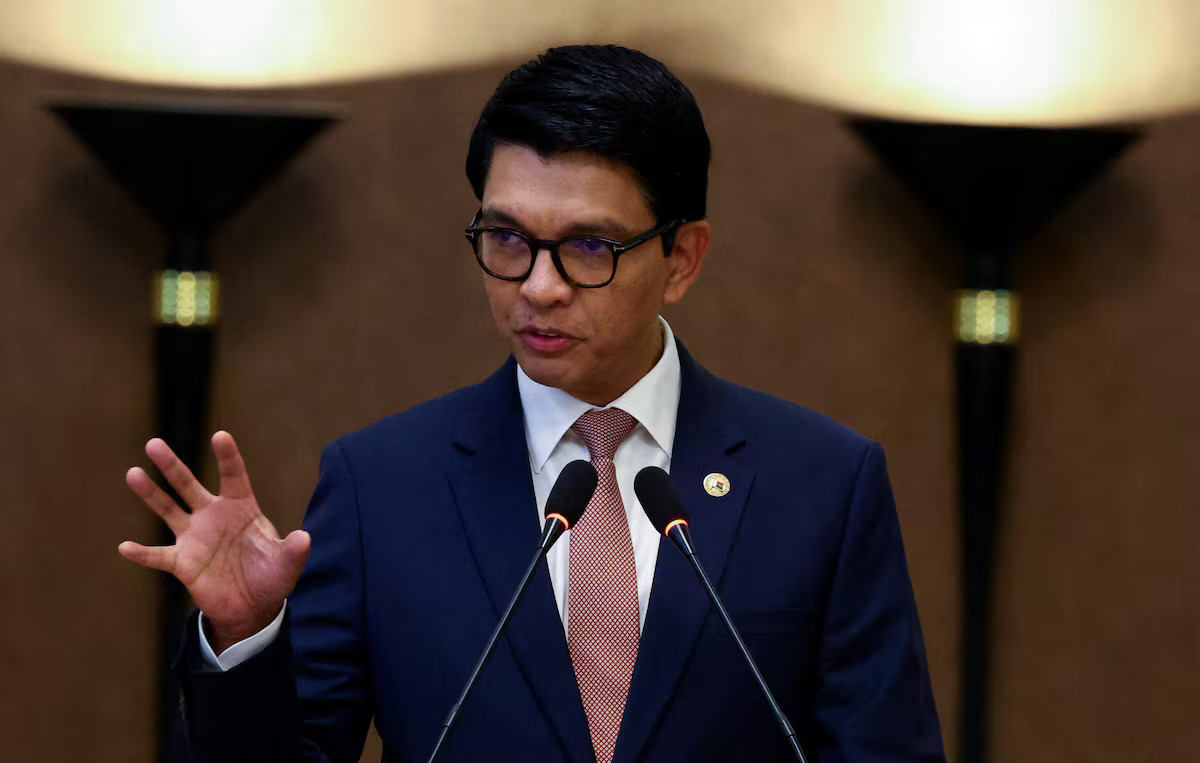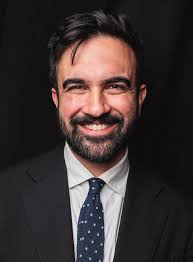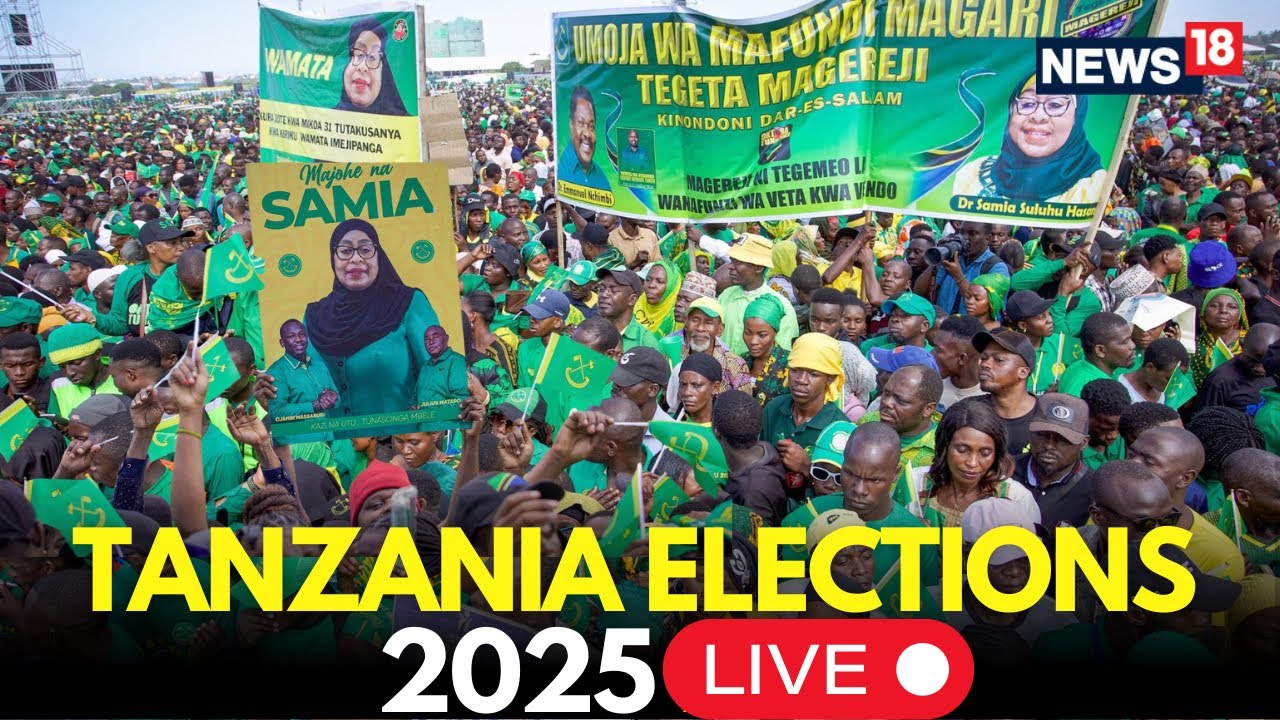Introduction
Andry Rajoelina, the President of Madagascar, has been a pivotal figure in the country’s political landscape since he first assumed power in 2009. His leadership is particularly relevant today as Madagascar faces numerous challenges, including economic recovery after the COVID-19 pandemic, environmental concerns, and political stability. Understanding Rajoelina’s policies and governance style is essential for grasping the current state of affairs in Madagascar, a nation that is rich in biodiversity and cultural heritage.
Rajoelina’s Political Journey
Rajoelina rose to prominence in Madagascar’s political arena during a time of significant unrest. Initially a businessman, he became involved in politics as the mayor of Antananarivo, the capital city. His popularity surged during the political turmoil of 2009 when he led protests against the then-President Marc Ravalomanana, ultimately resulting in his ascension to power. Following a brief period in exile, he returned to the presidency after winning elections in 2019.
Current Events under Rajoelina’s Leadership
In recent months, Rajoelina has focused on several key areas including economic growth, infrastructure development, and improving healthcare systems. His government launched initiatives aimed at revitalizing the economy by attracting foreign investment and promoting local entrepreneurship. Recent reports indicated a rise in foreign direct investment, particularly in the agriculture and mining sectors, which are critical for Madagascar’s economic development.
Moreover, Rajoelina has been working on tackling the pressing environmental issues facing the island, such as deforestation and the effects of climate change. His administration has initiated programs aimed at sustainable practices to protect Madagascar’s unique ecosystems, including the reforestation of endemic species and promoting eco-tourism.
Challenges Ahead
Despite these advancements, Rajoelina’s government faces criticism and challenges. Accusations of human rights abuses and political repression have been levied by various opposition groups. Additionally, the socio-economic divide remains a pressing issue with many citizens struggling to make ends meet. While his government has achieved some milestones, it must address these concerns to foster stability and gain wider support from the populace.
Conclusion
Rajoelina’s leadership of Madagascar is a focal point of both national and international interest. As the country grapples with its myriad challenges, the effectiveness of his policies and the ability to unite a divided society will be pivotal in shaping the future of Madagascar. Observers will be watching closely to see if Rajoelina can navigate these issues and pave the way for lasting stability and growth, making Madagascar a vital player on the African continent.


